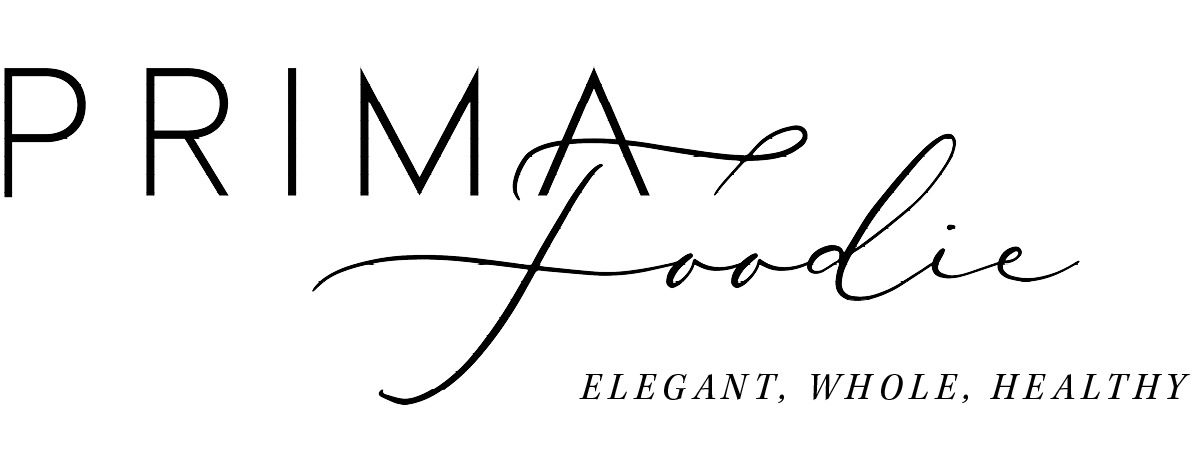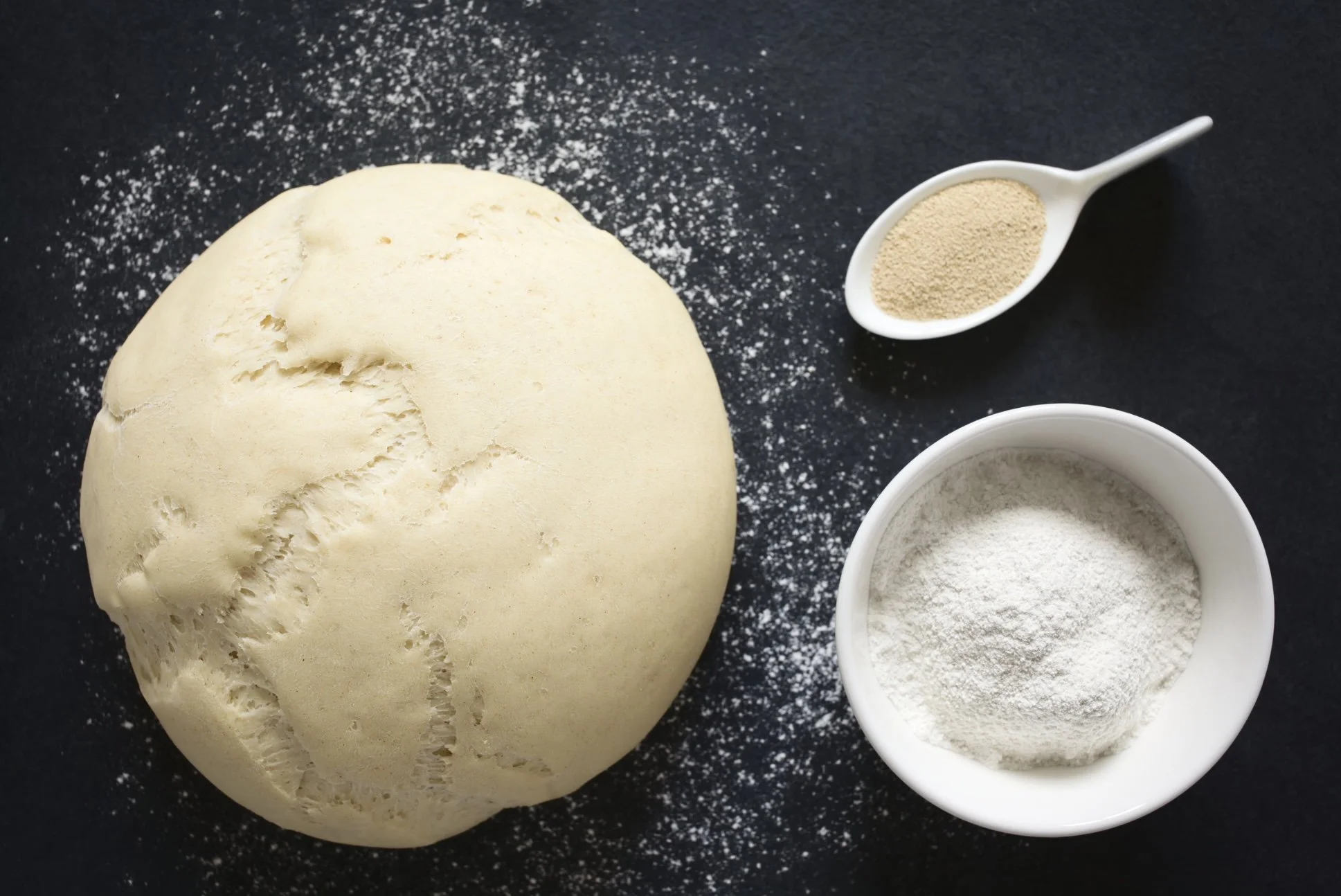Reducing Plastic Is Possible. Here's Where to Start
At this very moment, 5.25 trillion pieces of plastic are in our oceans, with nearly 270,000 tons floating on the waters' surface. Greenpeace says this is enough plastic to circle the earth more than 400 times. Plastic particles exist in our bodies, landfills, food, and drinks. Not only does plastic debris kill an estimated 1 million sea birds and more than 100,000 marine mammals annually, it is impacting humans' health to grave effects. Research continues to show that chemicals found in many plastics are linked to endocrine disruption, cancer, infertility, early puberty, and other health issues.
In an idyllic world, the solution would be to eradicate plastic—but that is not the reality. "More than 430 million tons of plastic are produced each year," states the United Nations. Plastic continues to be in demand, as it provides malleable, affordable means for industries to create products and containers. The power lies in finding the instances where plastic is unnecessary and using more sustainable solutions. The power also lies in finding better ways to deal with plastic waste or reusing old plastic to brilliant new sources. This is critical as two-thirds of the 430 million tons produced is "cast aside as waste after just one use," adds the UN.
This is one of the most large-scale human and environmental health issues of our time. It will take massive collective efforts from companies and from us, in small ways, in our homes. Here, we've rounded up easy product swaps from companies that are either avoiding plastic or reusing it intelligently.
Plastic can seem like a daunting problem to tackle, but we can make a dent—a giant one. Cumulatively, our habit changes and adjustments have a big impact.
Blisshaus Baking Pantry Set
All-glass and chic, these jars make for a beautiful organized pantry.
Davids Toothpaste
Turns out, it is possible to have a non-plastic toothpaste tube—and this clean formula is also free of sodium lauryl sulfate.
EcoZoi Bamboo Kitchen Towels
With these, there’s zero need for plastic or paper cleaning supplies.
Jonathan Spoons Spootle
Hand-made, all-wood, and an inventive ladle-meets-spatula design.
Tallowderm Deodorant
Natural coconut oil and beef tallow make for a hardworking natural deodorant, all smartly housed in a glass jar.
Ambrosia Linen Vegetable Bag
These linen bags keep bacteria and mold at bay, extending the life of vegetables and eradicating any need for zip-plastic bags.
Flamingo Estate Douglas Fir & Vetiver Body Set
A blend of juniper, lavender, and vetiver infuses this set of body oil, body wash, and soap. We love how this company goes to great lengths to rid plastic and care for the earth.
If You Care Parchment Baking Paper
The ultimate option for baking and cooking that is chlorine- and plastic-free
Cocofloss Floss
We’ll say it: This is the best floss out there. Plus, the company reuses plastic in the most genius way.
Flavedo & Albedo Dew Tint
A clean blush, lip, and eye color housed in a plastic-free tin.
Stella McCartney Logo Large Tote Bag
Nichole loves this luxury tote, made of vegan leather. “It serves as a shopping bag, travel tote and carry-on, and it’s stylish year-round,” she says.





















